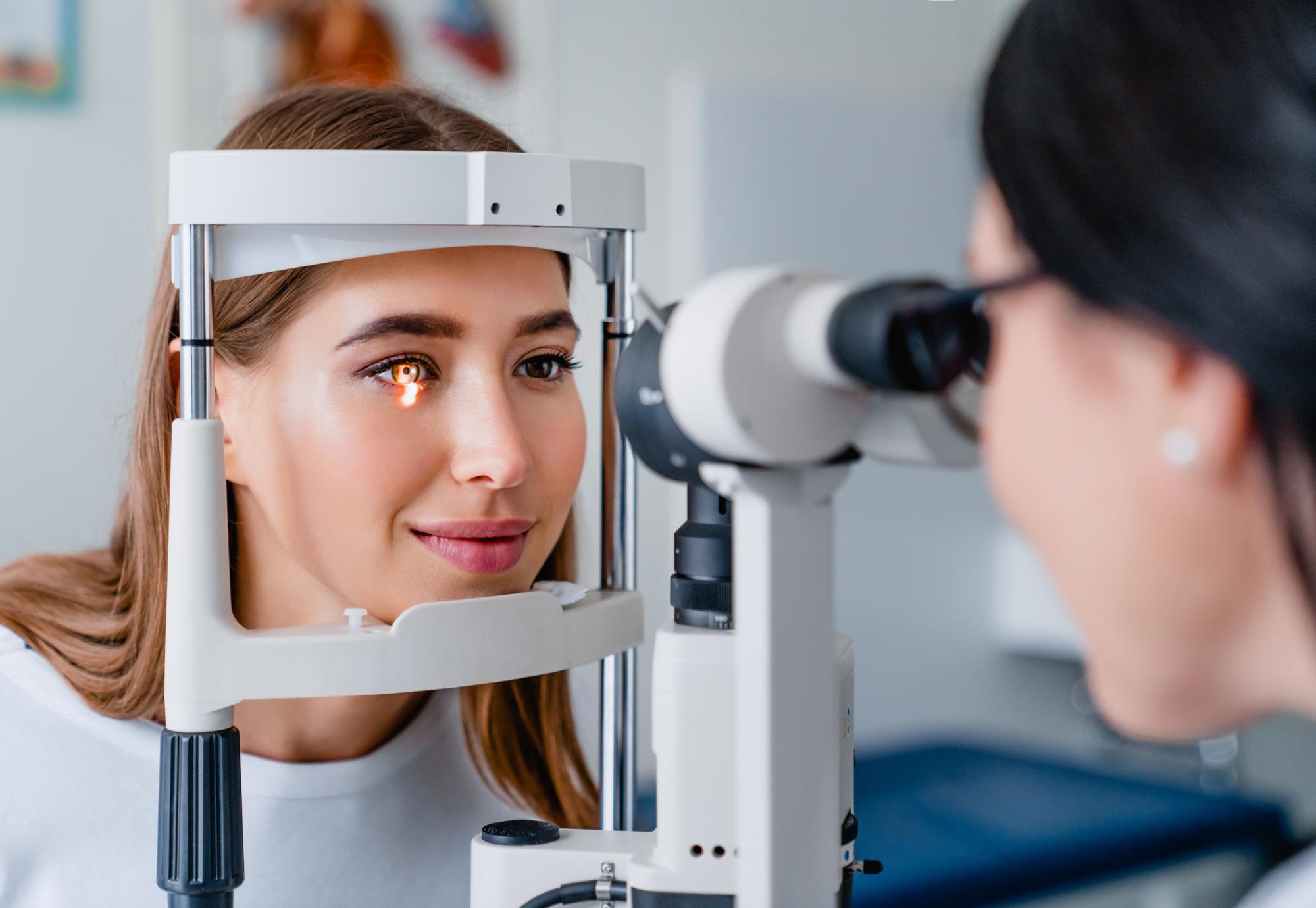A study by the University College London has shown that exposing eyes to a constant deep red light for three minutes each morning can drastically improve naturally worsening vision.
The morning exposure to red light renews the mitochondria cells in the retina which improved the colour contrast by up to 17 percent on average.
Professor Glen Jeffery, the study’s lead author said: “We demonstrate that one single exposure to long-wave deep red light in the morning can significantly improve declining vision, which is a major health and wellbeing issue, affecting millions of people globally.
“The technology is simple and very safe; the energy delivered by 670nm long wave light is not that much greater than that found in natural environmental light.”
Human eyesight naturally deteriorates with age as retina cells start aging in people 40 and over.
The study included 20 participants between the ages of 34 and 70. Each participant was exposed to LED devices which emitted light energy of 8mW/cm2.
Every person within the study group was exposed to 670mm of deep red light for three minutes between the hours of 8am and 9am.
Researchers also repeated the study at 12pm which showed no colour vision improvements at all.
The study found that the improvement was more significant in older subjects who had a 20 per cent improvement on average. The effect of the single dose of exposure lasted a week.
The light exposure targeted cones photoreceptors which are responsible for adjusting vision at higher light levels and controlling colour vision.
Whilst the study revealed that there was a clear improvement in some areas across some subjects within the group tested, others did not experience as greater improvement.



















